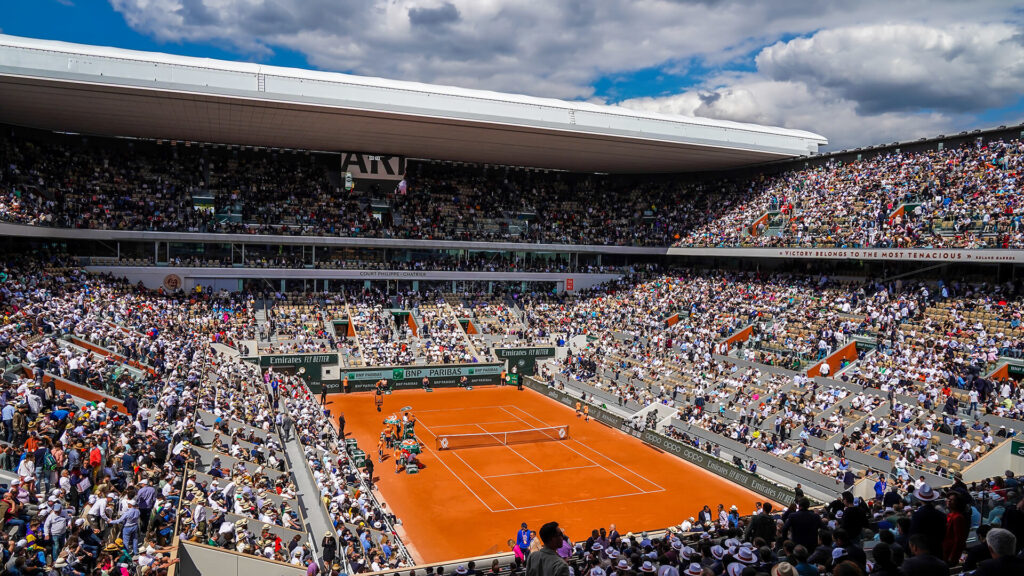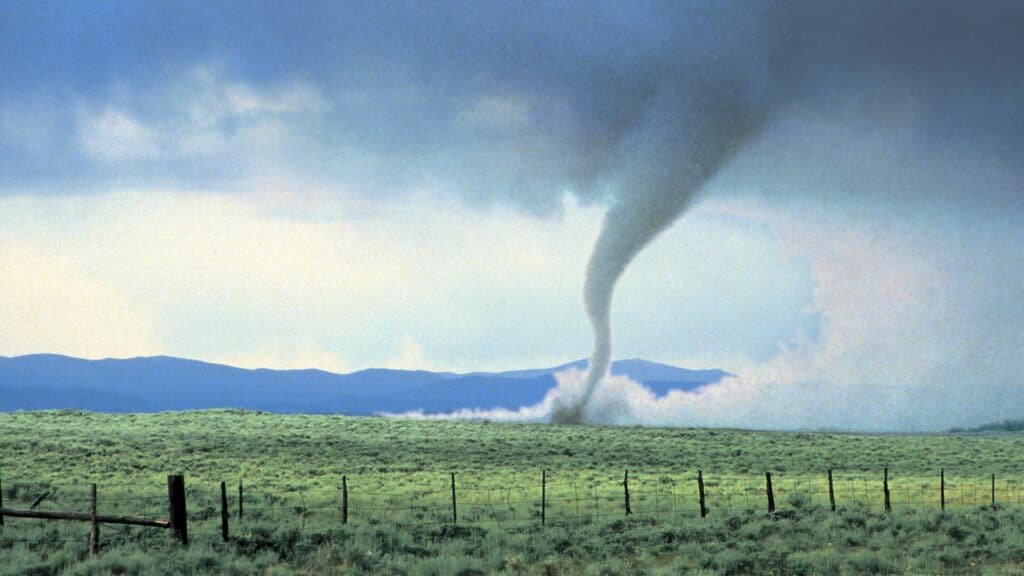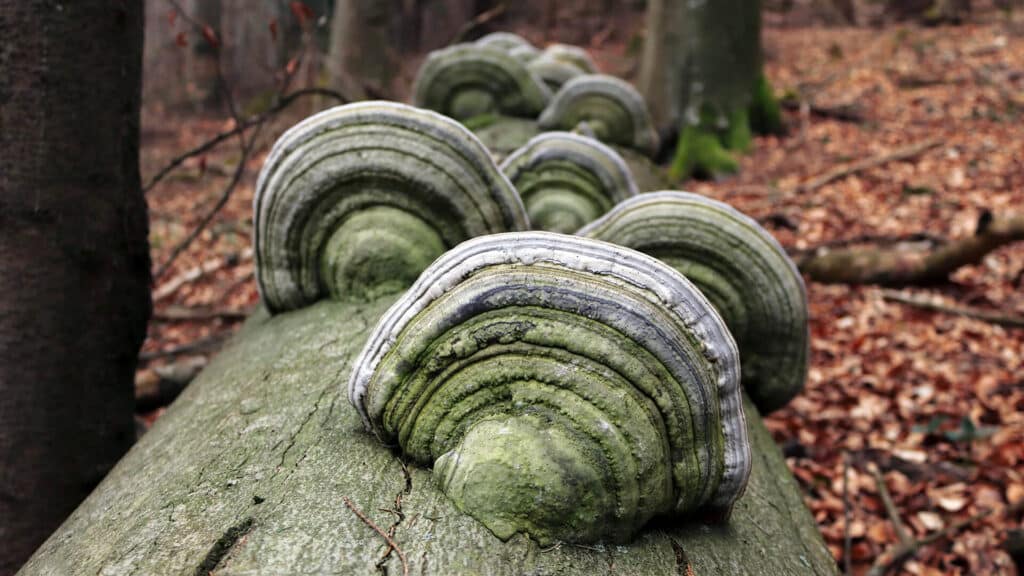Geoffrey Hinton and John Hopfield, titans in the field of artificial intelligence, won the 2024 Nobel Prize in Physics on Tuesday for their pioneering contributions to machine learning. Their work laid the foundation for the neural networks that now power AI systems, revolutionizing everything from healthcare to engineering.
Dr. Hopfield, now 91, is a professor emeritus at Princeton University, where he made groundbreaking advancements in neural networks during the 1980s. Introducing models that mimic human memory, known as the Hopfield Network, his work has been instrumental in helping both AI researchers and neuroscientists understand how memories are stored and retrieved, providing a bridge between biological processes and computational models.
“When you get systems that are rich enough in complexity and size, they can have properties which you can’t possibly intuit from the elementary particles you put in there,” Hopfield said, reflecting on the unpredictable power of large-scale AI systems during a press conference convened by Princeton on Tuesday.
Geoffrey Hinton, often called the “Godfather of AI,” has spent decades at the frontier of deep learning, even though he stepped away from Google in 2023 due to concerns over AI’s potential risks. Hinton’s innovations in neural networks, particularly his development of backpropagation algorithms, have been crucial in teaching machines to learn and perform complex tasks, such as image recognition. His deep ambivalence about AI’s future was evident in his Nobel address, where he expressed both pride in his work and concern about AI’s rapid advancement, including the fear of systems outsmarting humans.
The Royal Swedish Academy hailed their work as nothing short of transformative, not just for science but for daily life. While their breakthroughs continue to fuel the AI revolution, both laureates voiced caution, urging the world to harness AI’s potential responsibly.
“It’s going to be wonderful in many respects, in areas like healthcare. But we also have to worry about a number of possible bad consequences,” Hinton advised. “I am worried that the overall consequence of this might be systems more intelligent than us that eventually take control.”



















